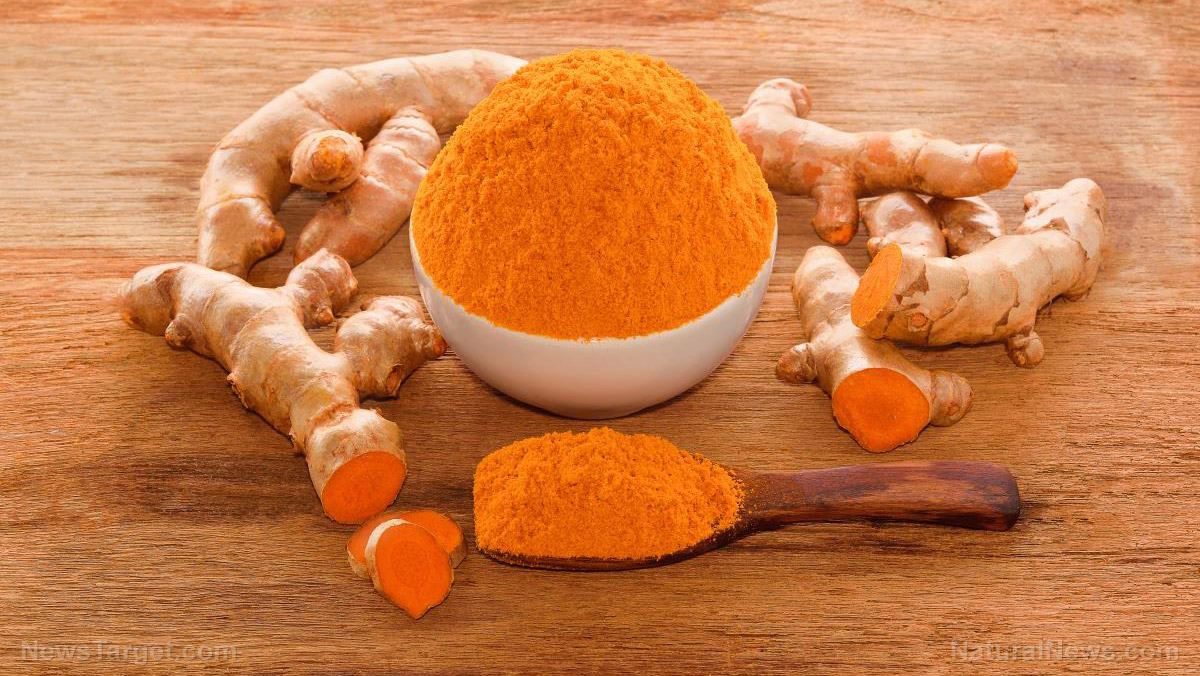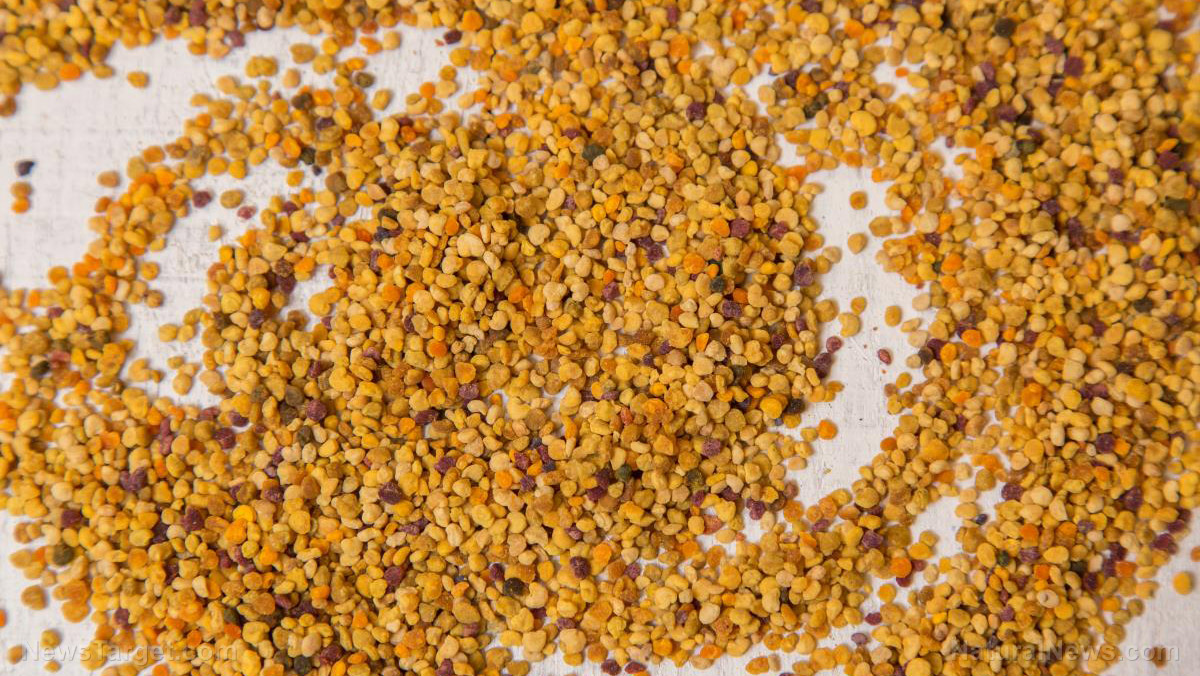Knee pain? Research offers a promising natural solution
09/03/2025 / By Willow Tohi

- Curcumin, derived from turmeric, reduces knee osteoarthritis pain as effectively as diclofenac.
- Seventy participants, divided into curcumin and diclofenac groups, were evaluated using VAS.
- Curcumin reduced pain and improved knee function, with fewer side effects than diclofenac.
- Curcumin’s long history in traditional medicine and recent advancements in bioavailability.
- Curcumin offers a safer, natural alternative to conventional pain medications for knee osteoarthritis.
Joint pain, particularly in the knees, can be a debilitating condition that severely impacts daily life. For the millions of Americans suffering from knee osteoarthritis, finding effective and safe treatments is an ongoing challenge. However, recent research from City Care Accident Hospital in Parli Vaijnath, Maharashtra, India, offers a glimmer of hope. The study, published in the Annals of Internal Medicine, found that curcumin, a natural compound derived from turmeric, can be as effective as conventional pain medications like diclofenac in reducing knee pain.
The growing problem of knee osteoarthritis
According to the Centers for Disease Control (CDC), chronic pain caused by arthritis affects millions of people in the United States annually. Specifically, one-quarter of adults with arthritis (approximately 15 million people) report experiencing severe joint pain, and half of them report persistent pain. This prevalence makes knee osteoarthritis a significant public health issue, driving the need for effective and safe treatments.
Study design and methodology
The study at City Care Accident Hospital involved 70 participants with symptomatic knee osteoarthritis. The participants were divided into two groups: one group received 500-milligram doses of curcumin three times daily, while the other group received 50 mg of diclofenac twice daily. Both treatments were evaluated every two weeks using the visual analog scale (VAS), a standardized tool for measuring pain intensity.
Key finding: Curcumin outperforms placebo and matches diclofenac
At the end of the 12-week study, the curcumin group showed significant improvements in pain reduction compared to the placebo group. Specifically, curcumin improved VAS pain by ?9.1 mm (95% CI, ?17.8 to ?0.4 mm; P = 0.039). Additionally, the curcumin group reported taking fewer pain medications than the placebo group, which is particularly noteworthy given the potential side effects of pain medications like ibuprofen, which can disrupt gut health.
While curcumin did not significantly impact knee effusion–synovitis volume or cartilage composition, it did improve Western Ontario and McMaster Universities Osteoarthritis Index (WOMAC) knee pain (?47.2 mm [CI, ?81.2 to ?13.2 mm]; P = 0.006). This finding aligns with other studies that have demonstrated curcumin’s potential as a natural anti-inflammatory and pain-relieving agent.
Safety and side effects
The incidence of adverse events was similar in both the curcumin and placebo groups (39% and 53%, respectively). Only two events in the curcumin group and five in the placebo group were considered possibly treatment-related. This low incidence of side effects makes curcumin an attractive option for patients looking for a safer alternative to conventional pain medications.
A natural alternative to NSAIDs
Curcumin has been studied extensively for its anti-inflammatory and pain-relieving properties. The compound, found in turmeric, has been used in traditional medicine for centuries. However, its poor bioavailability has limited its effectiveness in some studies. Recent advancements, such as the development of specialized curcumin complexes like BCM-95, have addressed this issue, making curcumin a more viable option for treating conditions like knee osteoarthritis.
A promising future for curcumin
The study conducted at City Care Accident Hospital provides compelling evidence that curcumin can be an effective and safe treatment for knee inflammation and osteoarthritis. With its ability to reduce pain and improve knee function without the significant side effects associated with conventional pain medications, curcumin represents a promising natural alternative. For patients seeking a gentler, more holistic approach to managing their knee pain, curcumin may offer a welcome solution.
Sources for this article include:
Submit a correction >>
Tagged Under:
alternative medicine, arthritis, curcumin, Cures, healing, health science, herbal medicine, Herbs, inflammation, joint pain, knee pain, natural health, natural remedies, nutrients, pain relief, phytonutrients, plant medicine, remedies, research, turmeric
This article may contain statements that reflect the opinion of the author





















